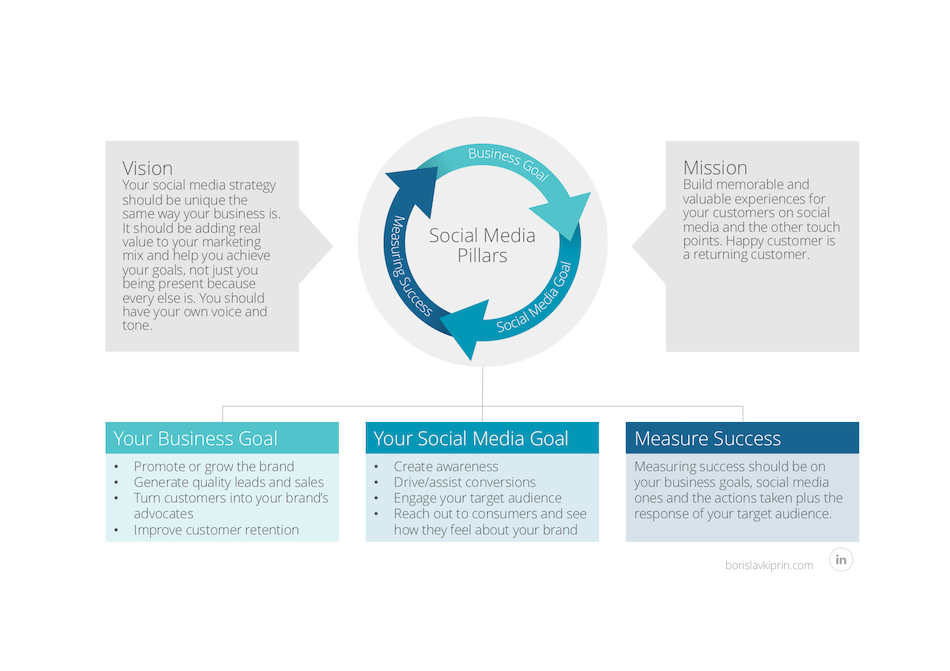
A strategy is necessary to help you achieve your goals in content marketing. A content calendar, KPIs, and goals should be set to guide content marketing. These steps will help guide you in determining who you want and how to get there. Once you have these steps, you can begin to plan the steps to get you there.
Creating a content marketing strategy
Content marketing strategies that work include creating an editorial calendar, scheduling regular content and ensuring it is regularly updated. It involves planning the types of content that you want to share, identifying your audience and writing each piece of content well. A successful marketing strategy requires consistency. You can keep a steady stream new content flowing by publishing enough content. It is important that you consider the stages of life and how they consume content.
Setting SMART goals
Planning your content marketing strategy requires you to establish SMART goals. As a general rule, SMART goals should be specific, measurable, achievable, realistic, and time-bound. This framework will help you track your progress and measure your success. It is important that your goals are both achievable and challenging. It's also important to make them time-bound to help you stay on track.

Definition of KPIs
A content marketing strategy is not complete without metrics. You can track your progress by using page views, which is a simple way to measure it. You can also segment traffic according to channel to see which channel is driving more traffic. This allows you to track the results of your marketing efforts. However, you don't just need to know how many pages were viewed. To truly understand the success of your content marketing, you must also consider conversion rates and other metrics.
How to make a content calendar
A content calendar is vital for creating high-quality, consistent content. This can help you identify topics and trends that are most popular. It can help you plan the publication and repurposing of your content across different channels. A content planner can help you better manage your content production process. It can help identify any gaps in your content marketing strategy. It is also a great way to track content output and identify collaboration opportunities.
Attracting a wide audience
A content marketing strategy that works will increase traffic to your site and help you sell more. There are many formats for content marketing, including articles, videos and photos. The strategy defines which forms of content are best for your company and which ones will not. You can also determine your content distribution channels. To attract audience members, your content should be useful to your target audience. Below are some benefits of content-marketing.

FAQ
How can content marketing be measured for success?
There are many ways to measure the success of your content marketing efforts. One way to measure the effectiveness of your content marketing efforts is to monitor how many visitors visit your website. Another option is to monitor how many leads are generated.
How much content marketing should I invest?
It depends on how many leads your company wants to generate. The average cost per lead ranges from $5-$10, depending on the industry. When we started our business, for example, we spent about $20 per lead. We now spend approximately $6-7 per Lead.
How do I get started in Content Marketing?
Start by identifying your audience. What are their needs? What are their needs and wants? What are their needs? When you understand who you are writing for, it is easier to decide where to direct your efforts.
What is the average time it takes to start content marketing?
It depends on how big your company is. Smaller businesses often don't have the resources to invest immediately in content marketing. However, it can pay off big-time if you're willing to put in some time.
Statistics
- According to the Content Marketing Institute, 70% of B2B marketers and 86% of B2C marketers surveyed use content marketing in some form or other. (criteo.com)
- According to our research, 65% of companies with very successful content marketing in 2021 ran content audits at least twice a year. (semrush.com)
- We found that 40% of businesses don't have a documented strategy yet. (semrush.com)
- Content marketing produces 3X more leads per dollar spent. Content marketing costs 62% less than traditional marketing. (criteo.com)
- Out of the 1,500 marketers we surveyed for our State of Content Marketing report, 78% who felt their content marketing strategy was exceptionally effective in 2021 had documented their strategy. (semrush.com)
- Progress indicators (0–100%) allow each team member to see how attainable each goal is and understand what remains to be accomplished. (semrush.com)
- According to research compiled by Coschedule: Companies that publish 16+ blog posts a month get as much as 3.5x as much traffic as those that publish 0-4 posts a month. (criteo.com)
- In fact, would pay more for a better customer experience, and 86% of B2B buyers would pay more. (neilpatel.com)
External Links
How To
What are some of the best content marketing tools?
Every industry is different, so there's no single platform that will work for everyone. But most industries have at the very least one tool they like to use. Hubspot, for example, has been shown to increase conversion rates by nearly 50%. This is why it is so popular among marketers.
But not all tools are created equal. Some offer better analytics tracking, others allow for easier collaboration between different teams, and others offer features such as A/B testing that may improve your content marketing ROI.
Before you make a choice about which platform to use, consider these: What are its pros and cons? Does it suit my needs now or in the future? And what about after 2 years?
Here are the top 5 content marketing platforms according to Entrepreneur Magazine.
Marketo Content Studio #1 Content Marketing Platform
Marketo, a software company that provides enterprise social media management software, is available. It offers a full range of services and products, including CRM software as well as social publishing tools and dashboards.
They also provide a content-studio that provides access to a variety of premade templates and graphics, which can be modified into custom designs.
This means you don't have to spend hours designing new graphics or writing unique pieces of content. Instead, your focus can be on creating engaging content that speaks directly with your audience.
Marketo makes it easy to include images and videos in your blog posts. This allows you to make your posts visually appealing and increase engagement with your readers.
The downside is that if you want to edit your video or image files, you'll have to upload them to Marketo first.
Trello: Content marketing platform#2
Trello is similar in concept to Kanban boards, which are used for project management. Both offer lists of tasks that can be assigned and tracked by users.
Trello allows you create individual boards for each member of your team and assign them specific responsibilities. It also provides a convenient workflow for sharing information between workers.
Trello, however, doesn't need any special software to work. You can use it on practically any device.
Another key difference is that Trello lets you invite people to collaborate on projects without having to share sensitive data.
This means that you can create a private Board and share only the most important details with those who need it to complete a task.
Content Marketing Platform 3: Google Suite
Google offers many products that are specifically tailored for business owners. Google Docs (Sheets), Slides (and many more) are part of Google's G Suite.
It is important to remember that these applications can't be free. You will need to pay for each user individually. But if you plan to use them for multiple purposes, many plans start at $5 per month.
For example, if you want to create a document and embed a link from another website, you would need to purchase two licenses.
But if you want to just create one document, it is possible to do so free of charge.
Google tools integrates well with Gmail, which is a significant benefit. Google tools can be used to send documents links via email, and you can store data in Google Drive.
Hubspot 4 Content Marketing Platform
HubSpot is an extremely popular web-based marketing tool, which offers a variety of functionality.
Users can manage various aspects of their websites, landing pages, and blogs through its platform. You can use the platform to create automated emails or track conversions.
HubSpot is also compatible with Salesforce and WordPress. This means you can connect all three platforms.
HubSpot integrates well with over 200 third party apps. This is one the most attractive features. This allows you automate tasks and generate reports using real-time data.
Although HubSpot will not allow you to publish content, you are able export it into many formats such as HTML or PDF.
HubSpot has a free version that allows you to test pricing. HubSpot offers a free trial version. However, you can upgrade to a paid account to gain unlimited access.
HubSpot has everything you need, whether you're looking for an eCommerce platform or a blog platform.